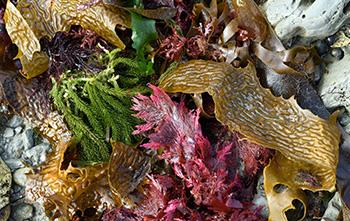
The Langara College Applied Research Centre (ARC) assists local and regional businesses, not-for-profits, municipalities, and First Nations to solve their most pressing innovation challenges through groundbreaking research initiatives.
We provide professional in-house research and development staff, world-class facilities, and specialized instruments in a collaborative, team-based engagement that is tailored to the scope of your project and within the constraints of your time and money. By involving students in a hands-on way, we develop future industry leaders. And we take no ownership of generated intellectual property.



